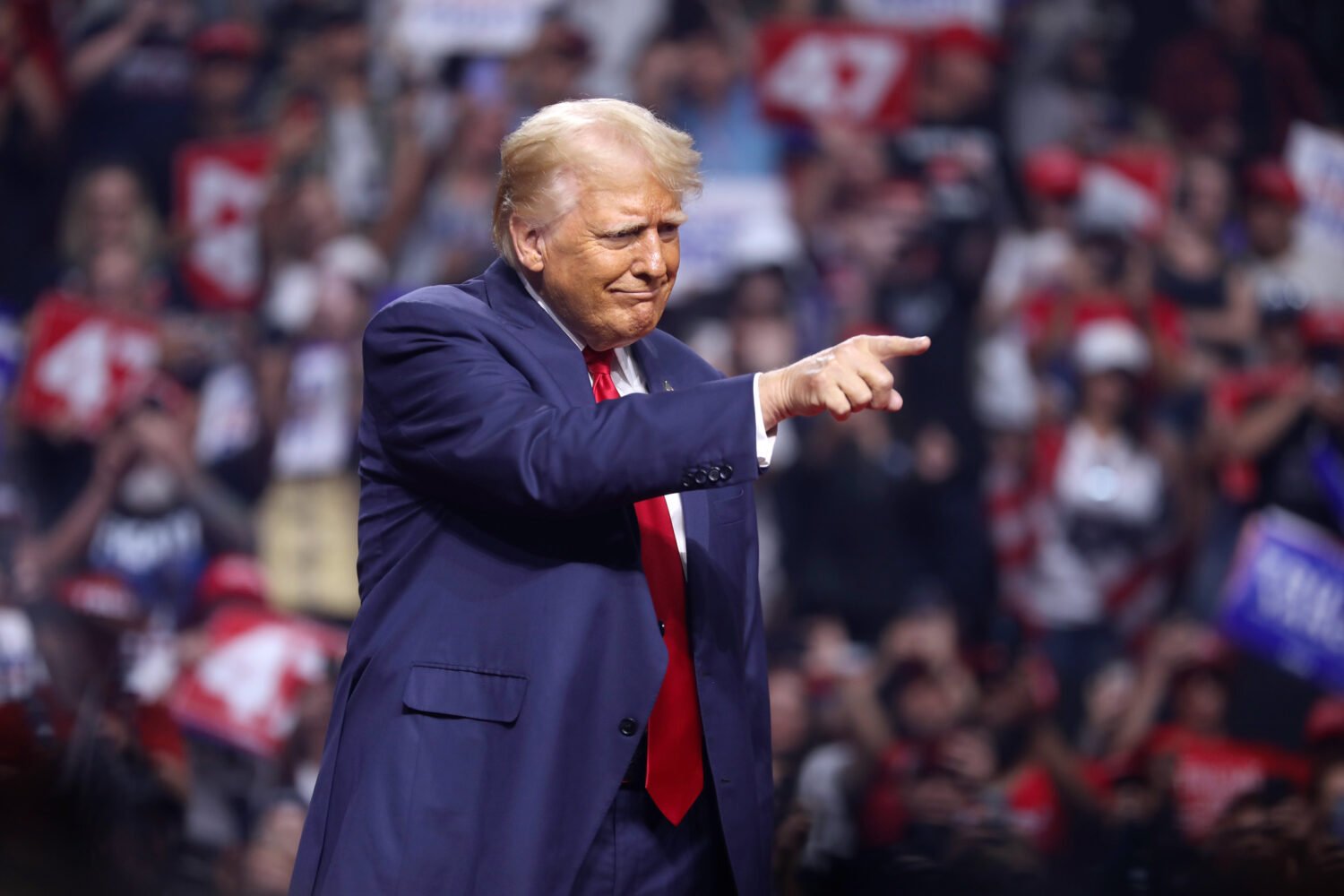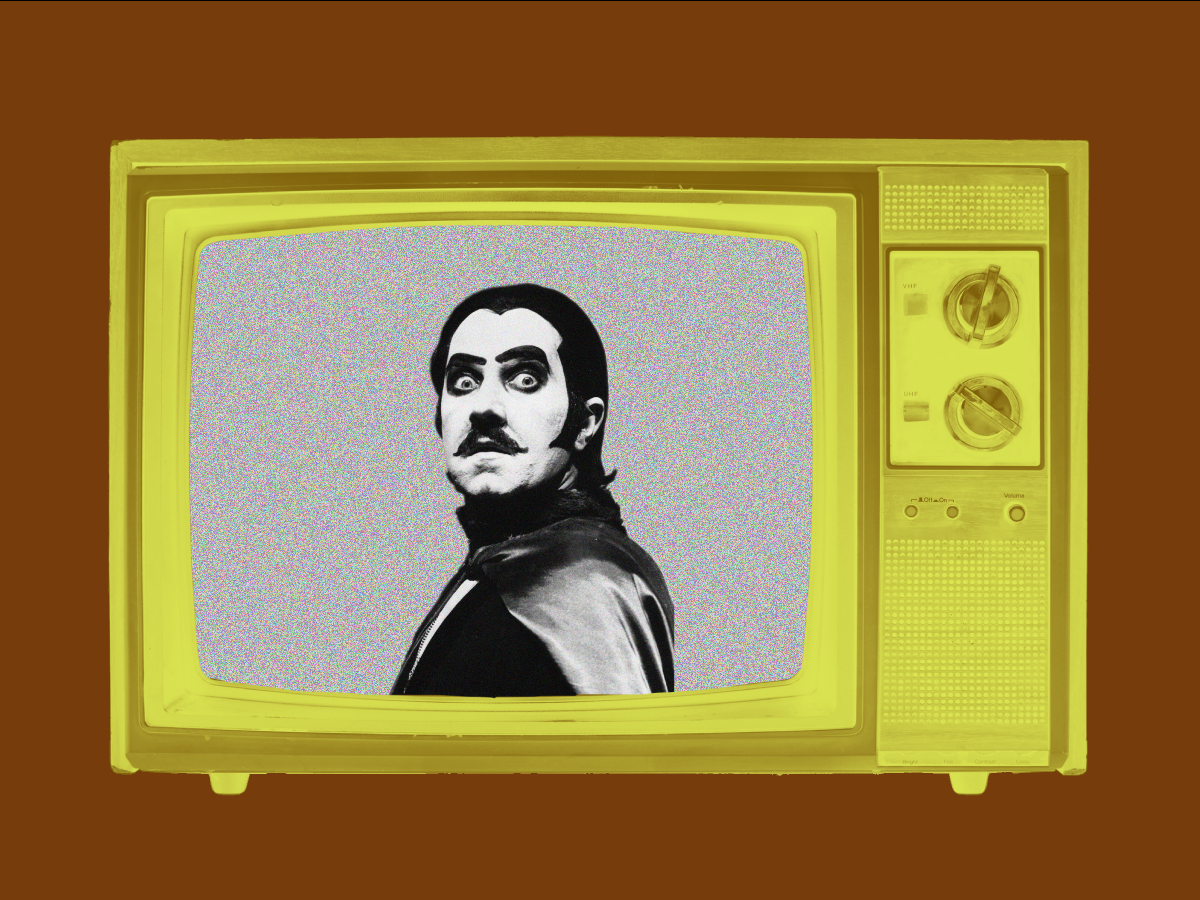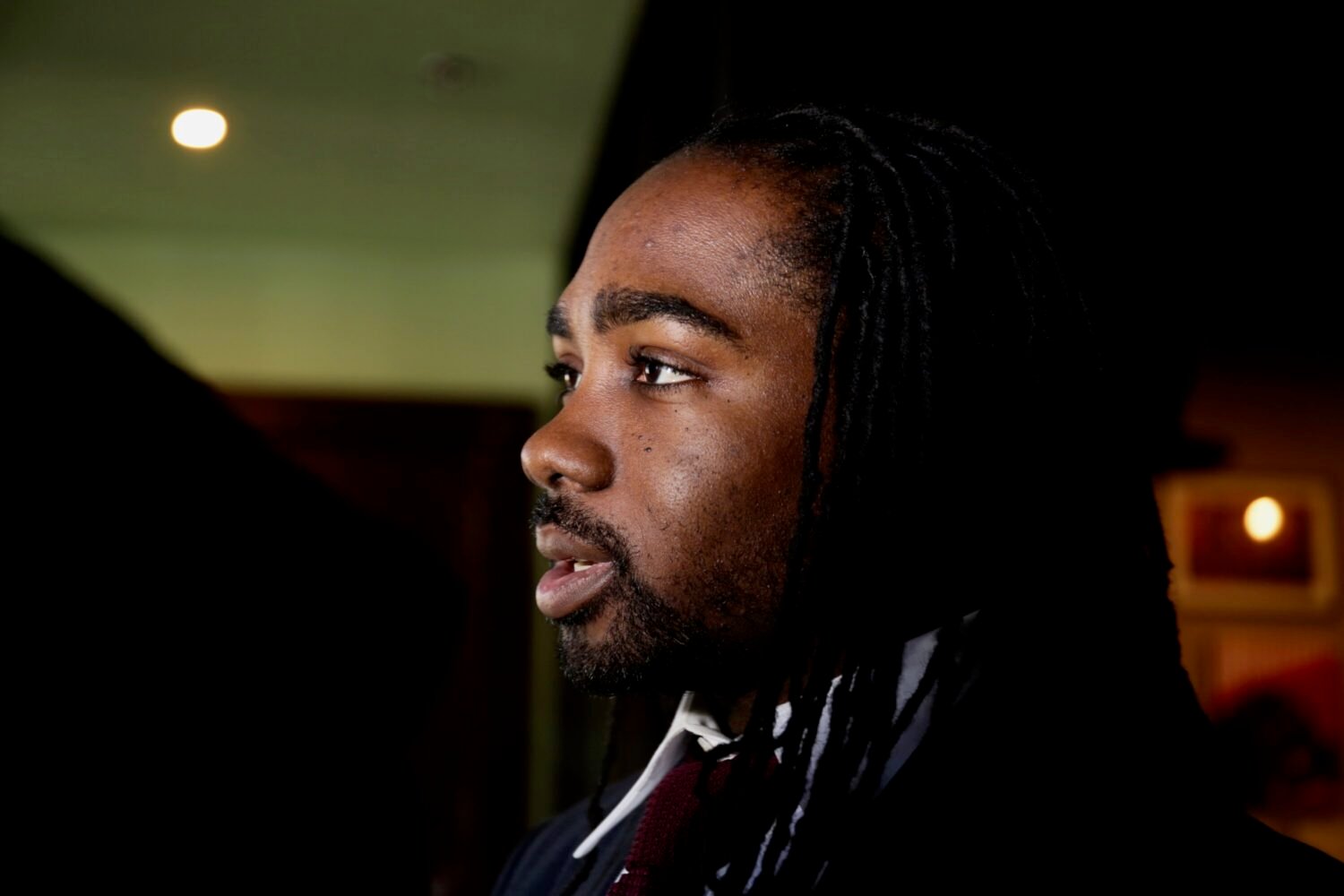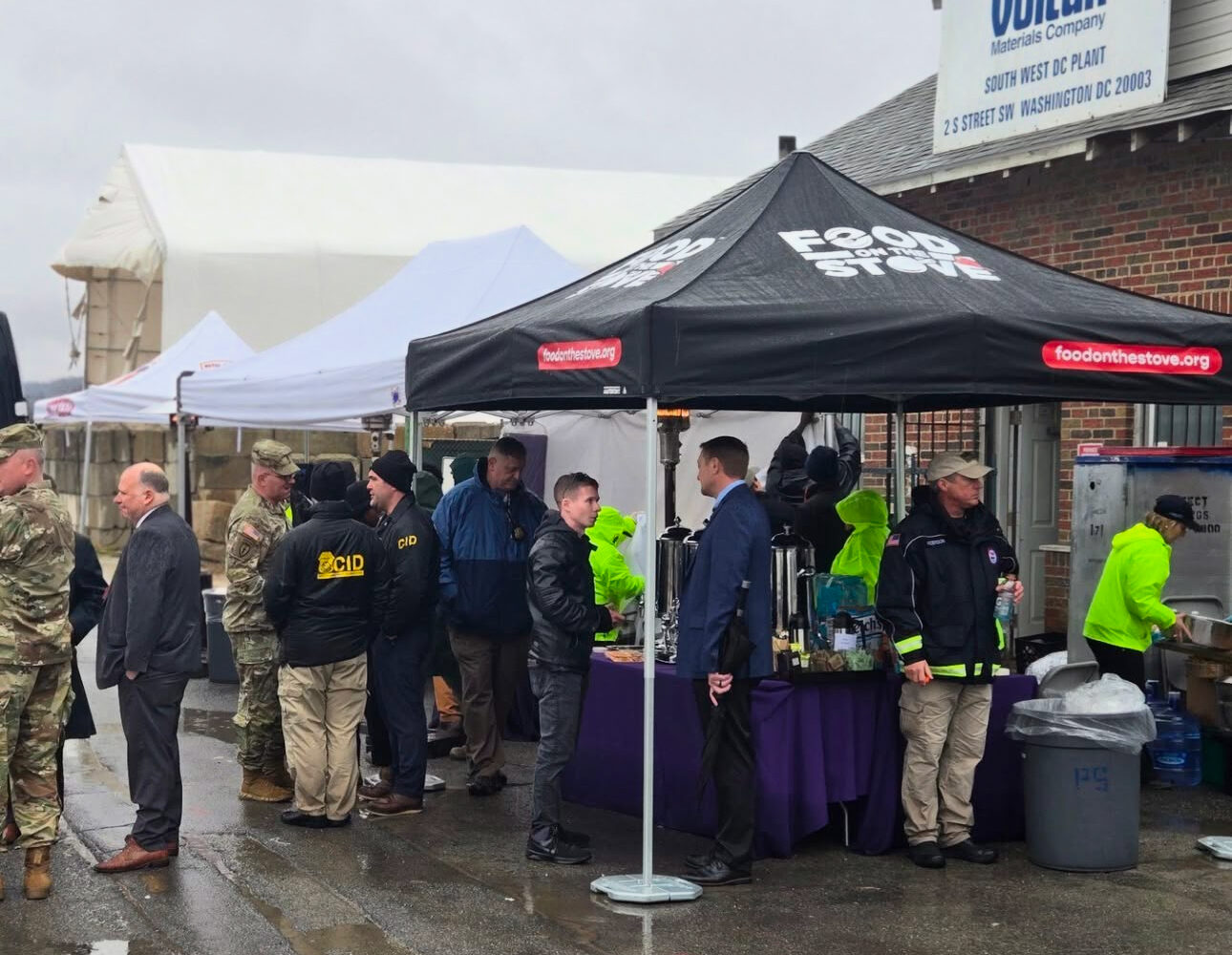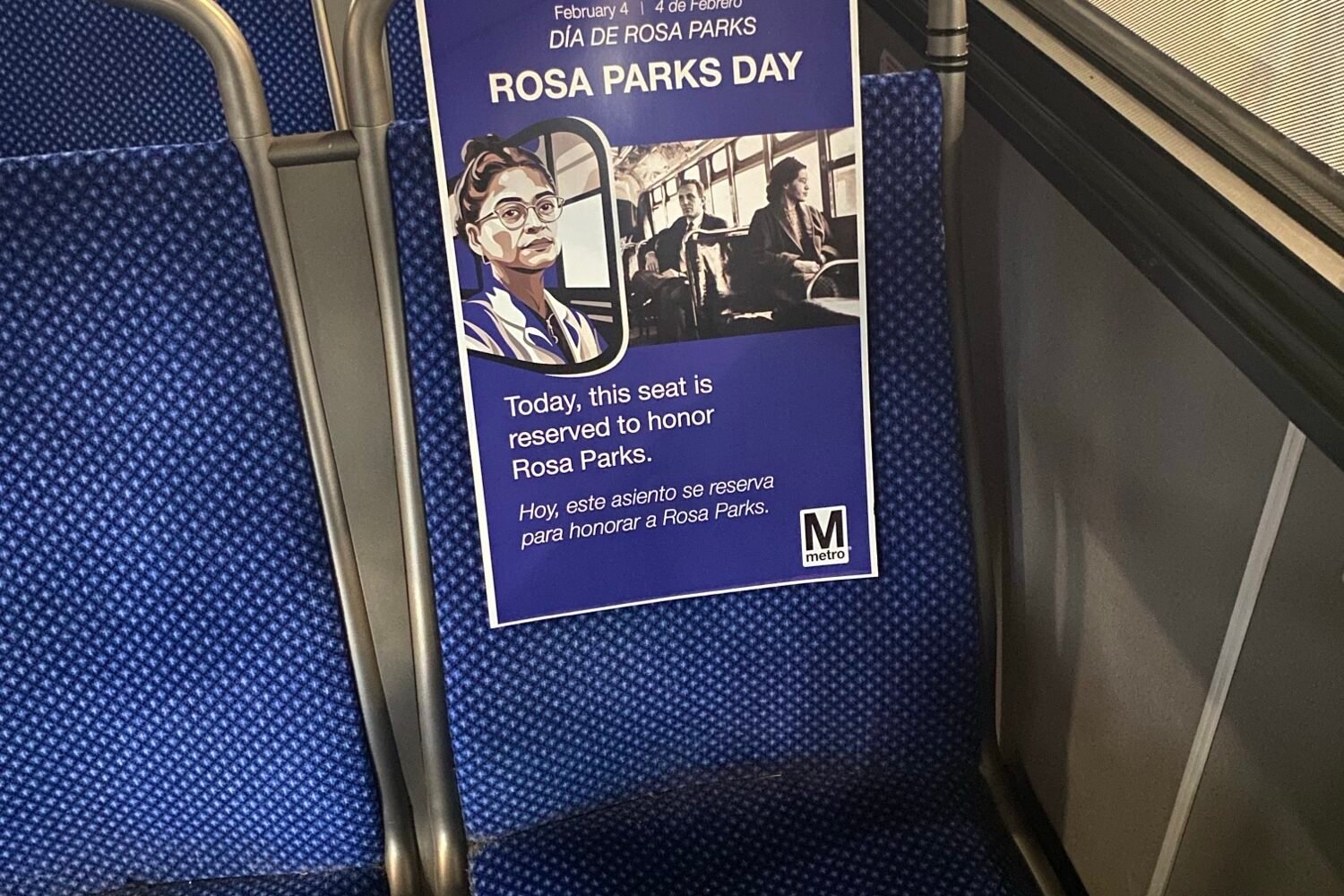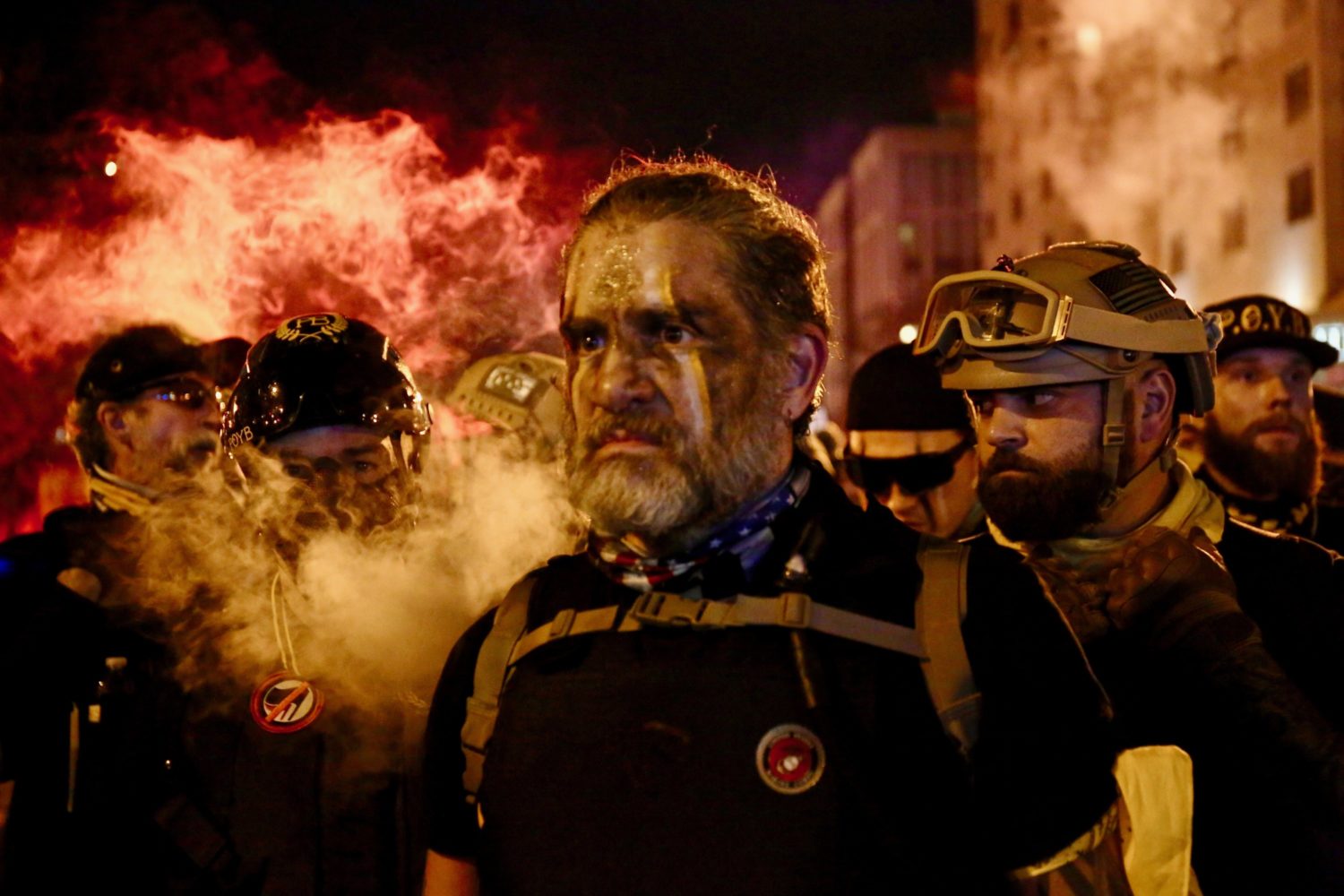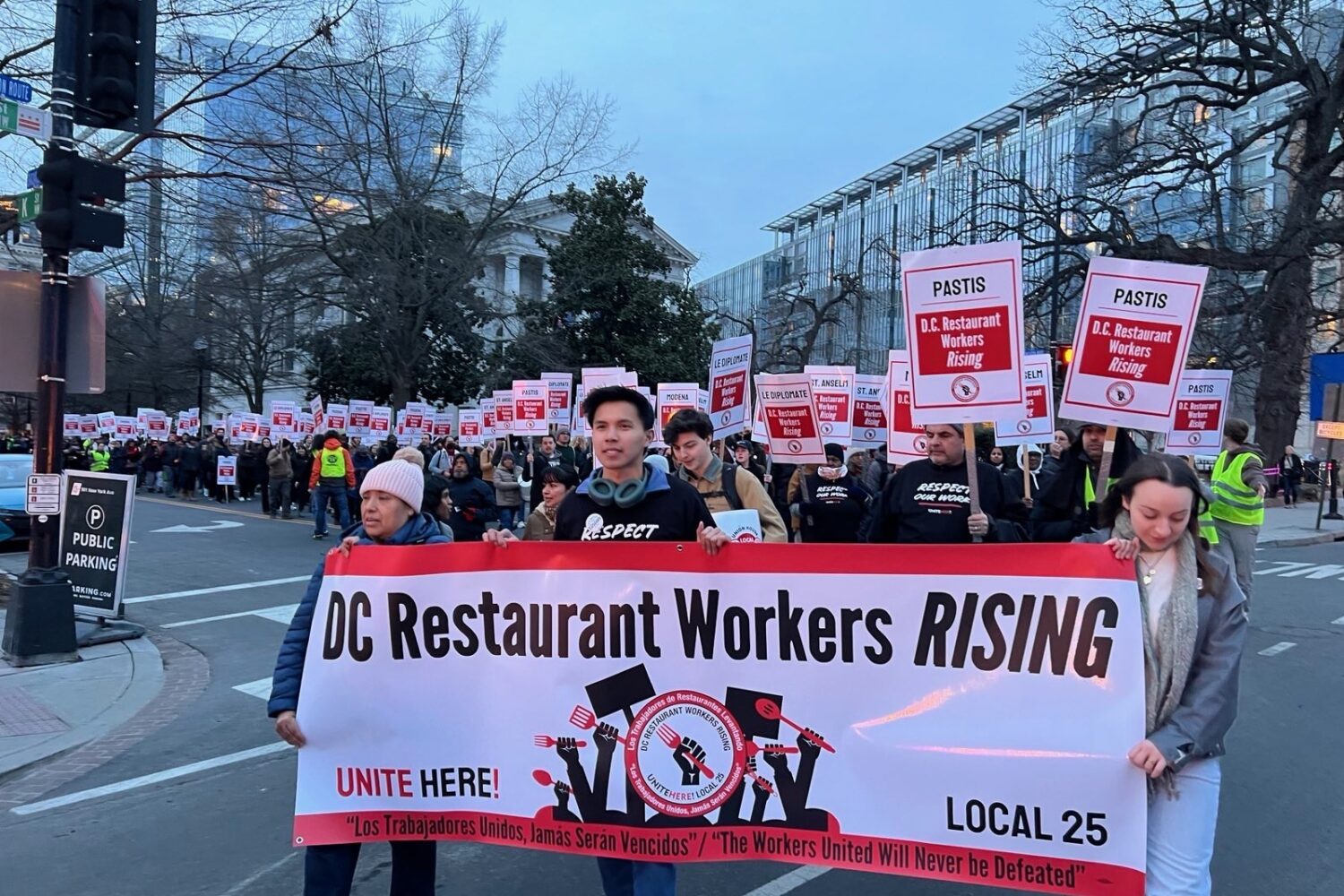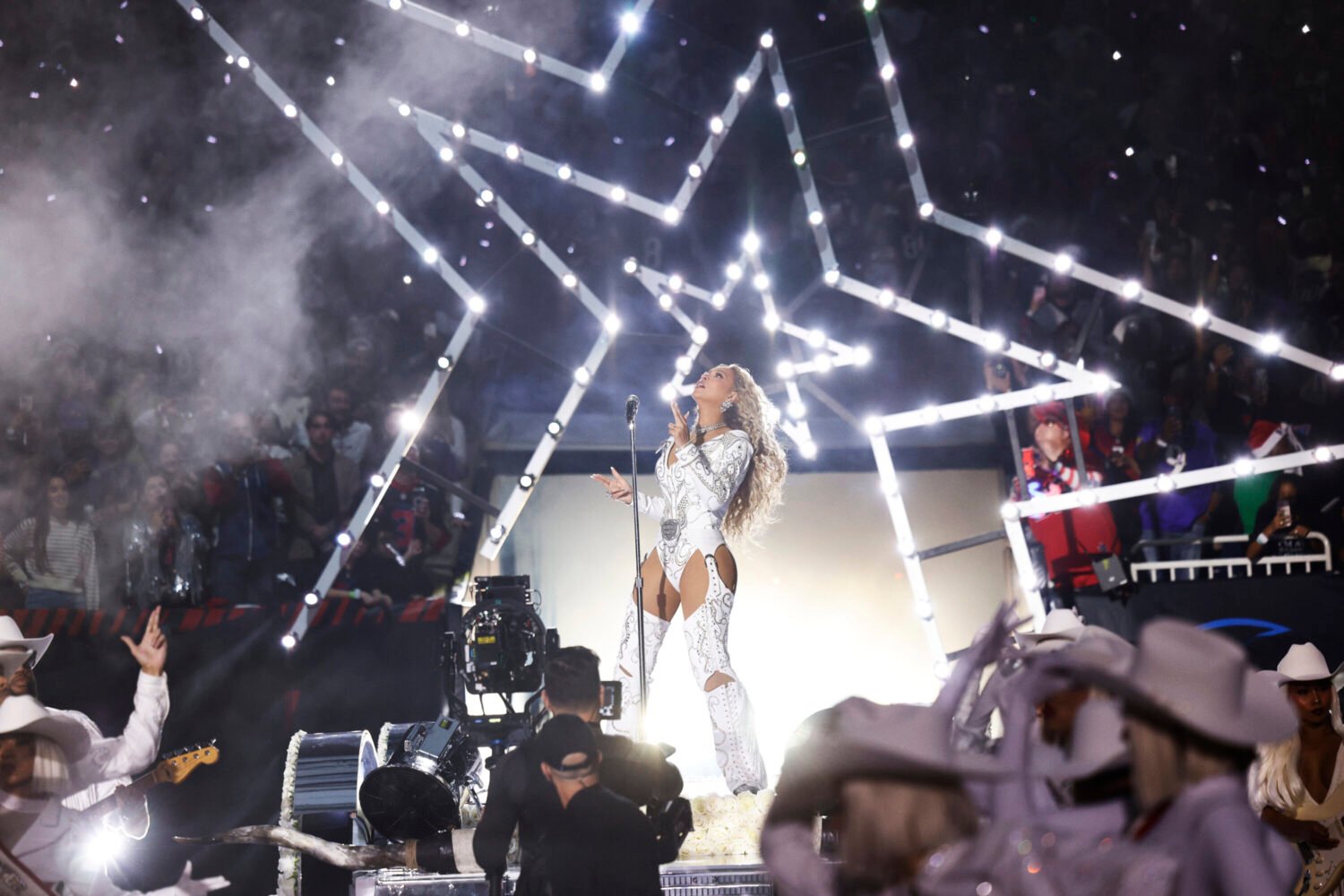“In 1962, my mother was working as a temporary secretary at Topps [baseball-card factory in Brooklyn]. I’m six years old, I don’t know anything about where she’s working. [One day] she says, ‘Here, I thought you would like these,’ and she gives me, like, ten sets of cards. I’m shocked, I’m happy, I’m opening them up.
“Back then, the New York Yankees were the be-all and end-all. The very first Yankees card I got in this group she gave me was Tom Tresh. No one remembers who Tom Tresh is, but I do. Tom Tresh was a utility player, like the tenth man. He played shortstop and second base. [My mother] says, ‘Why don’t you try over the year—you’re buying some [packs of cards], I’m bringing you some—to get the Yankees 1962 lineup?’ So I memorize the starting lineup and write it down.
“I got in my collection a Rocky Colavito from Cleveland, and he was a big star. I said to a friend, ‘I want to trade—I’m trying to get the Yankees lineup.’ He comes back and says, ‘What do you got?’ I said, ‘Rocky Colavito.’ He said, ‘My dad is a big fan of Colavito, and we’ve got a [New York Yankee] Joe Pepitone card. Would you take that trade?’ I go, ‘Done!’
“I had a Roger Maris [from the 1962 team]. But my Holy Grail was a Mickey Mantle and a Roger Maris. [Though I never got his card,] I got a chance to meet Mantle. I had just sold my company, so it must have been in the early ’80s. Mantle had a restaurant in New York, and basically what he did for a living was sign baseballs, do autographs, do events and things. It was a sad time, because when you’re a little kid and you’re listening on the radio, when you’re watching on TV, you’re hearing feats—and [that was what] I was expecting.
“I remember I told Mantle about my mom and how [his card] was the Holy Grail. I had a Roger Maris and I didn’t trade it, and I was waiting to get both of them. I think he’d probably heard stuff like that a million times before. There was, like, no expression—like, ‘yeah, yeah, yeah.’ It was my first disappointment, if you will. He wasn’t in a good place personally in his life. It’s like, sometimes you’re told, ‘Don’t meet your heroes.’ ”

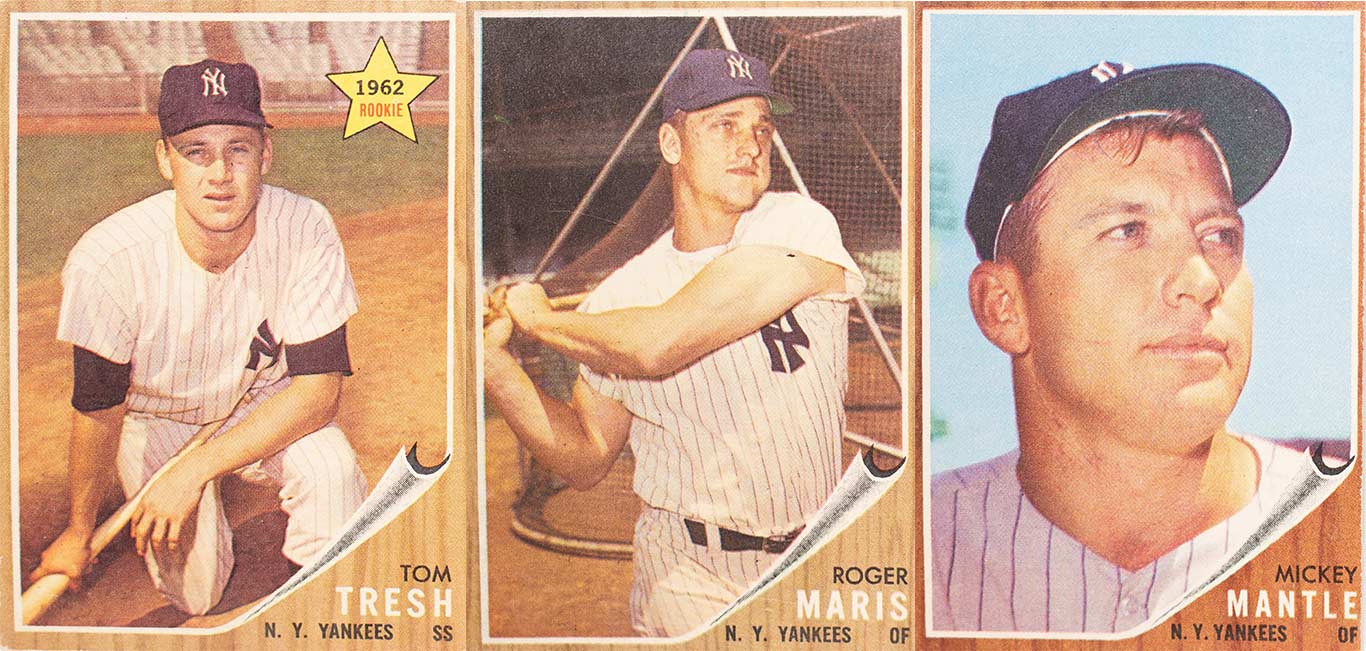
![Luke 008[2]-1 - Washingtonian](https://www.washingtonian.com/wp-content/uploads/2017/10/Luke-0082-1-e1509126354184.jpg)


